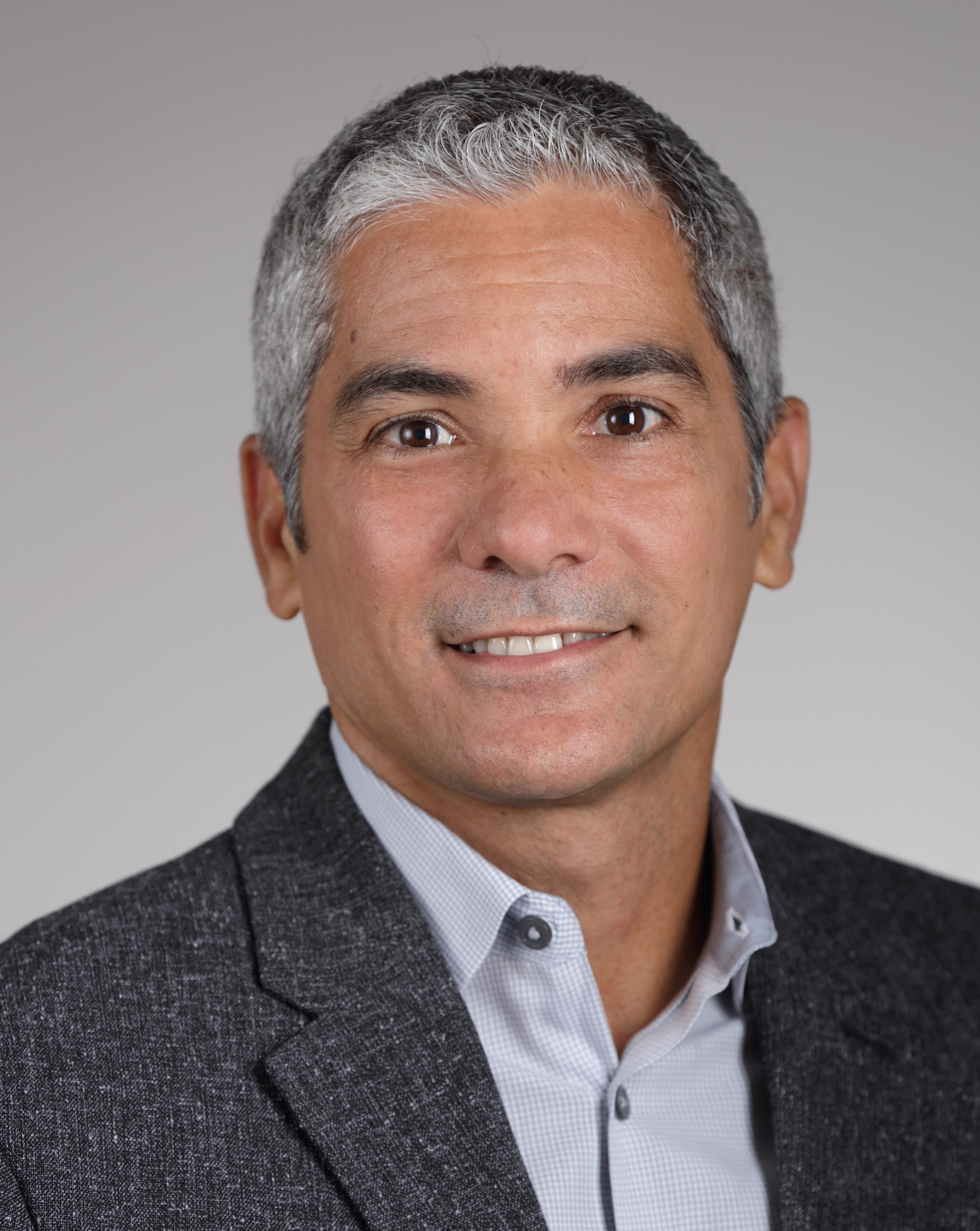Chief, Molecular Entomology Unit
Stadtman Investigator
NIH Distinguished Scholar
Education:
Ph.D., Institute of Biomedical Sciences, University of Sao Paulo, Brazil
B.Sc., University of Havana, Cuba
Languages Spoken: Spanish, Portuguese
Biography
Dr. Calvo was born and raised in Havana, Cuba. He received his B.Sc. in biochemistry from the University of Havana, Cuba, and his Ph.D. from the Institute of Biomedical Sciences, University of Sao Paulo, Brazil. He did postdoctoral work at the University of California, Irvine, and NIAID. Dr. Calvo became a staff scientist first at the FDA and then at NIAID, where he is now an Earl Stadtman tenure-track investigator and NIH Distinguished Scholar. The primary aim of his research is to enrich the functional annotation of disease vectors’ salivary proteins and provide a better understanding of their biologic function and potential involvement in pathogen transmission. His goal is to develop new control strategies to reduce or eliminate vector-borne diseases. He has also served as guest editor and reviewer for several scientific journals and international funding agencies.
As Chief of the Molecular Entomology Section, Dr. Calvo implements and directs a research program aimed at elucidating the mechanisms of vector-host and vector-pathogen interactions at the biochemical and molecular levels. To accomplish these aims, Dr. Calvo uses a combination of bioinformatic analyses, recombinant protein production, and the CRISPR/Cas9 gene-editing system. Additional efforts by Dr. Calvo include updating senior staff regarding the development of new research projects and technologies and providing expert analysis and input for ongoing vector-based vaccine research. He is responsible for budget management, annual reporting of research progress, directing staff and mentoring of postdoctoral scientists, technicians, and students. He presents his work at national and international meetings, prepares manuscripts for publication in high impact, peer reviewed scientific journals, and continues to develop productive research collaborations.

